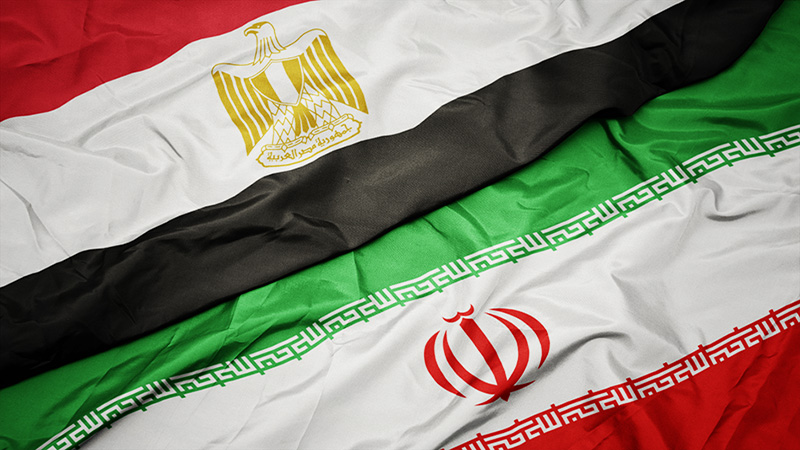High inflation rates hinder clients from obtaining consumer loans, say Egyptian banking sources
Egyptian Banking sources have said that the high inflation rates resulting from the floating of the local currency at the beginning of this year contributed to hindering clients from obtaining consumer loans. They added that the coincidence of these inflationary pressures with high-interest rates increased the cost of loans. Hence, they were no longer suitable for the income of many previously potential customers. Consumer loans play a significant role in bank lending activity, representing about 20% of the total loans provided to bank customers in Egypt until last September.
The vice president of a private bank, who preferred not to be named, said that the increases in wages for employees and workers in the public and private sectors are not commensurate with the recent price increases, which made it more difficult for people to obtain consumer loans. Inflation has escalated at an accelerated rate in Egypt in recent months due to the depreciation of the Egyptian pound.
The Central Bank of Egypt said the country’s core inflation rate rose to 31.24% in January from 24.4% in December. Bank data showed that the Consumer Price Index recorded a monthly rate of 6.3% last January, compared to 0.8% in the same month the previous year. On Thursday, Egypt’s Central Agency for Public Mobilization and Statistics said that the country’s consumer price inflation continued to rise, reaching a higher-than-expected rate of 25.8%. Cereals and bread prices rose by 6.6%, meat and poultry by 20.6%, fish and seafood by 9.4%, milk, cheese and eggs by 10.3%, oils by 7.8%, and fruits by 3.8%, according to CAPMAS.





Recent Comments